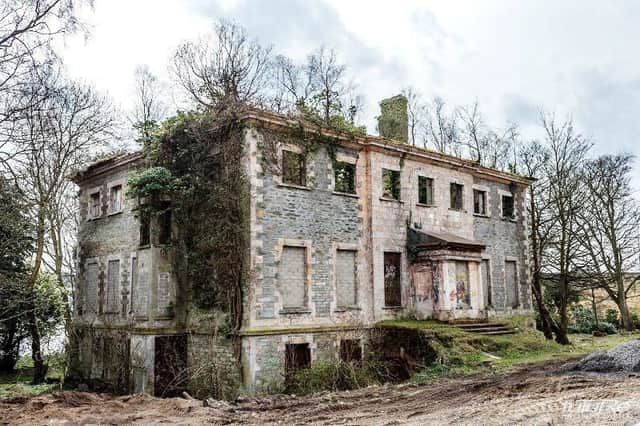Public events to discuss historic Boom Hall Conservation Plan


The two information events follow on from the appointment of a conservation architect led specialist consultant team back in Summer 2018.
Work has been progressing in relation to the production of an integrated conservation management plan for the historic Council-owned estate, incorporating both the historic buildings and their surrounding landscape.
Advertisement
Hide AdAdvertisement
Hide AdThe consultants have undertaken a detailed assessment of the estate’s landscape and built heritage features, in particular a close quarter structural inspection of the Boom Hall House, Stable Block and Walled Garden masonry structures.
Whilst the work is currently ongoing, the purpose of the public information session is to provide an update and overview on progress to date and to invite members of the public to offer any views and ask questions.
The views of local people attending the public information sessions will be reflected within the completed conservation management plan. When complete, the Plan will help to inform the future management and regeneration of the Boom Hall Estate.
The sessions are to take place at the Guildhall, Derry, on Thursday, February 28, between 3 pm and 5pm and 6 and 8pm. They are open to the public and stakeholders who are interested in finding out more about the ongoing conservation management plan.
Advertisement
Hide AdAdvertisement
Hide AdEncouraging the public to attend, Mayor of Derry City and Strabane District Council John Boyle said the information sessions are a great opportunity for the public to get an update on the project.
Mayor Boyle said: “Council last year commissioned specialist conservation architects to provide a detailed conservation assessment of the Boom Hall estate. The purpose of the information sessions on February 28 is to give the public an update into how this work is progressing and to get the views and observations from the public on the project.”
The Mayor further added that Council “continues to engage with other stakeholders who have an interest in, and who are working on, plans which incorporate the site, in order to ensure that their evolving ideas align with and compliment the site’s significant built and natural heritage characteristics.”
Karen Philips, Council’s Director of Environment and Regeneration, said: “Council is fully committed to the regeneration of the Boom Hall Estate as a key heritage and recreational asset for citizens and visitors.
Advertisement
Hide AdAdvertisement
Hide Ad“We are delighted to be working with the consultants on this prestigious project and to afford the public the opportunity of an update on this important project,” she added.
HISTORIC BOOM HALL
The Boom Hall Estate has played a very important role in the history of Derry .
Excavations were carried out in March, 2013, revealing evidence of the battles during the Siege of Derry when the famous wooden boom was laid across the River Foyle. The wooden boom was fixed from the western end from a fort erected at this ancient townland of Ballynashallog and linked to another fort across the River Foyle at Gransha.
The current Boom Hall itself was erected later, in the 1770s but was all but destroyed in a fire after the last occupants left over 40 years ago. The nearby stables pre-date the Stately Home and the Estate is also home to some of Derry’s oldest oak trees.
Advertisement
Hide AdAdvertisement
Hide AdThe site’s history stretches back to the time of the ancient monastery in the city centre. Before the Plantation of Ulster, the land was owned by the Abbey of Derry and monastic authorities utilised it to cover the costs of their community in the area.